In spite of the 118% of revenue expended on debt servicing, the Nigerian government still spends about N18.39bn ($43.6m) daily on petrol subsidies.
According to the Finance Minister, Zainab Ahmed, N6.7trn ($15.9bn) will be spent on petrol subsidies in 2023: “From January to December, it will be N6.715trn. If you are projecting for half a year, it will be 50% of that, N3.375trn.”
The funds expended on petrol subsidy is above one-thirds of the Nigeria’s current 2022 budget, and is the highest single component in the medium-term budget. This surpasses the funds earmarked for security, health, infrastructure and education.
Nigeria imports all of its petrol because of the absence of working refineries, despite being the largest producer of crude oil in Africa.
Petrol is currently being sold for about N165 ($0.3) per litre. According to the finance minister, N283 ($0.67) is spent on subsidising each litre of petrol.
“[Therefore], the petrol subsidy we are carrying today in the nation is around N283 per litre[…], it is the difference between the pump price and the landing cost of petroleum products in the country,” she says.
Last year, President Muhammadu Buhari signed the Petroleum Industry Act which stipulates the removal of subsidy payments. However, with elections approaching, the government has taken a political decision not to remove the subsidy. Both the World Bank and the IMF are against the payment of the subsidy, describing it as unsustainable and counter-productive.


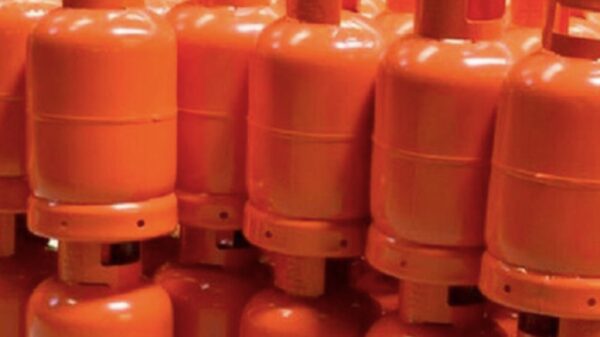
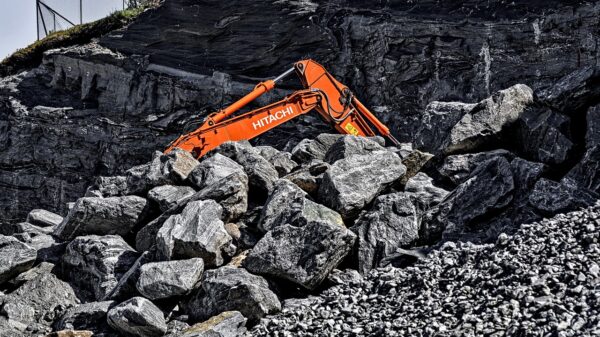

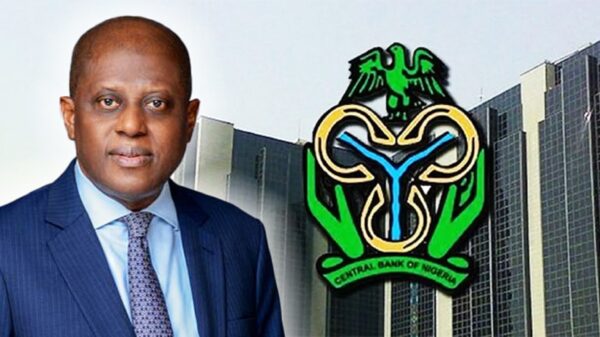
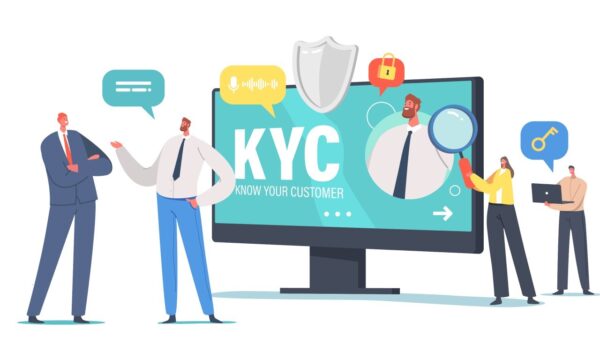





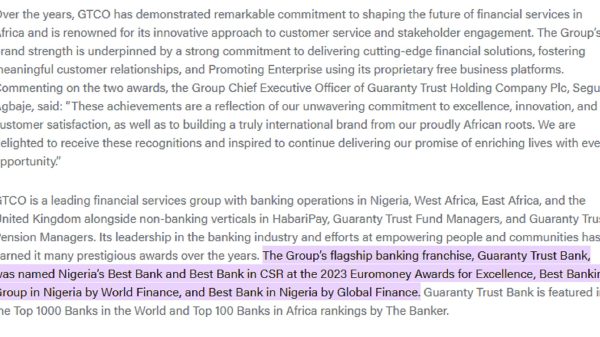


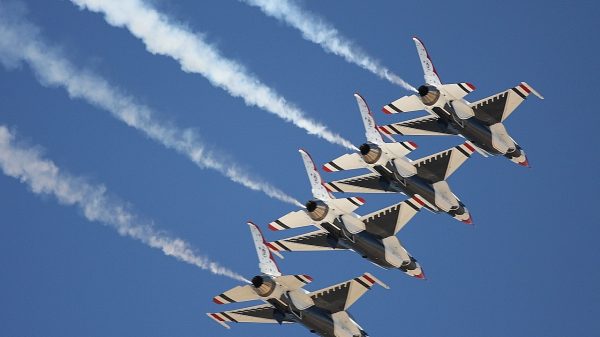
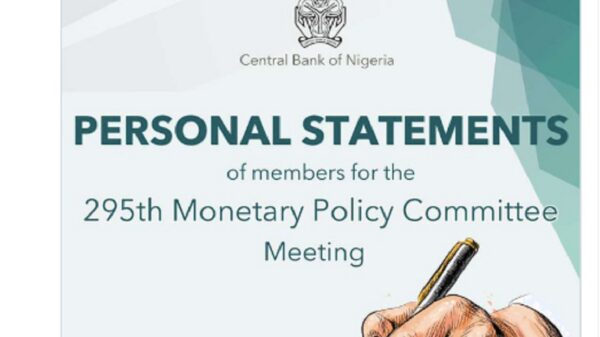
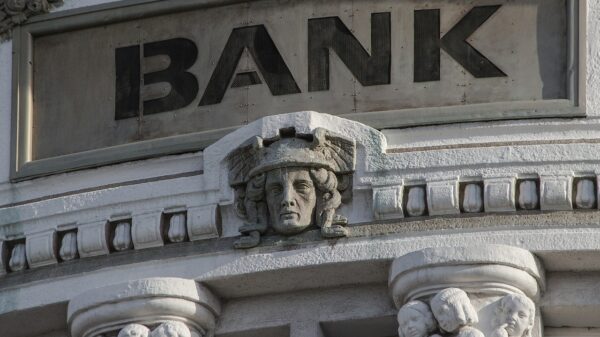
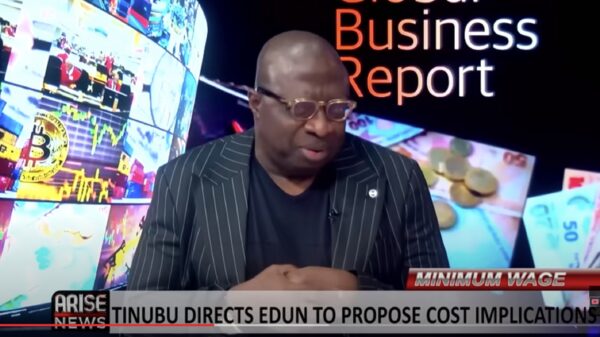

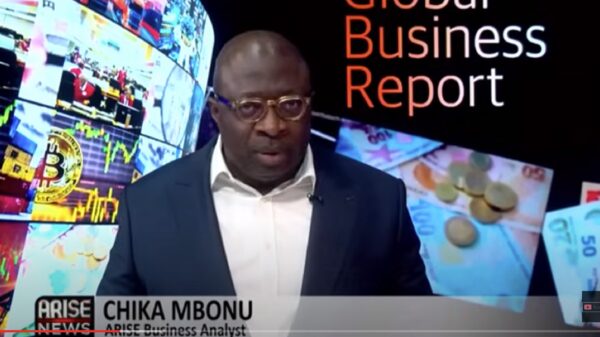
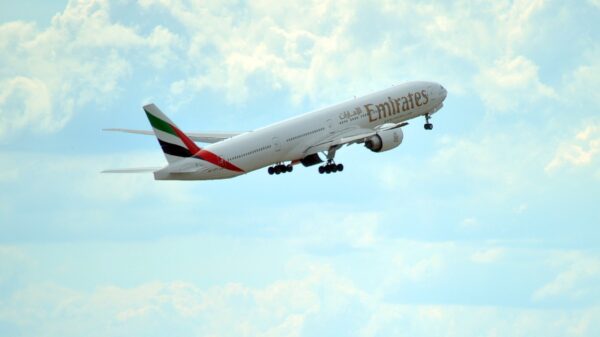



























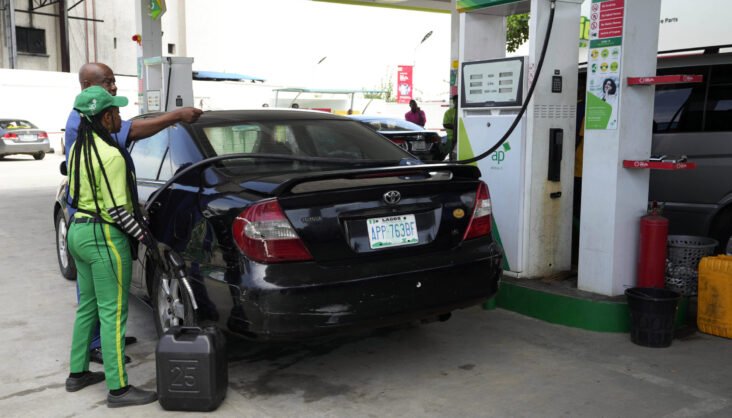


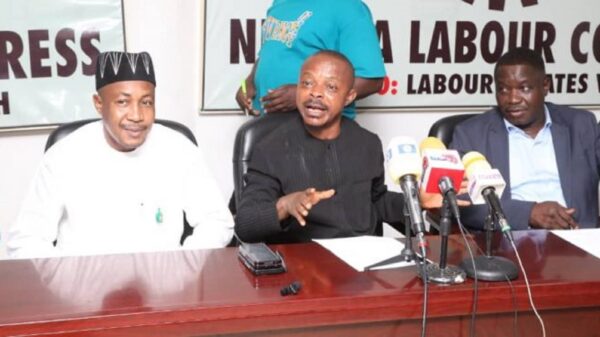

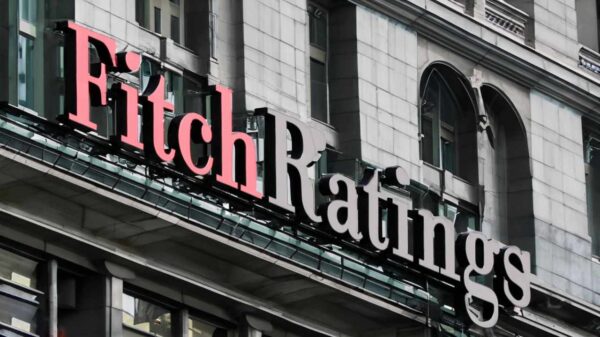

You must be logged in to post a comment Login